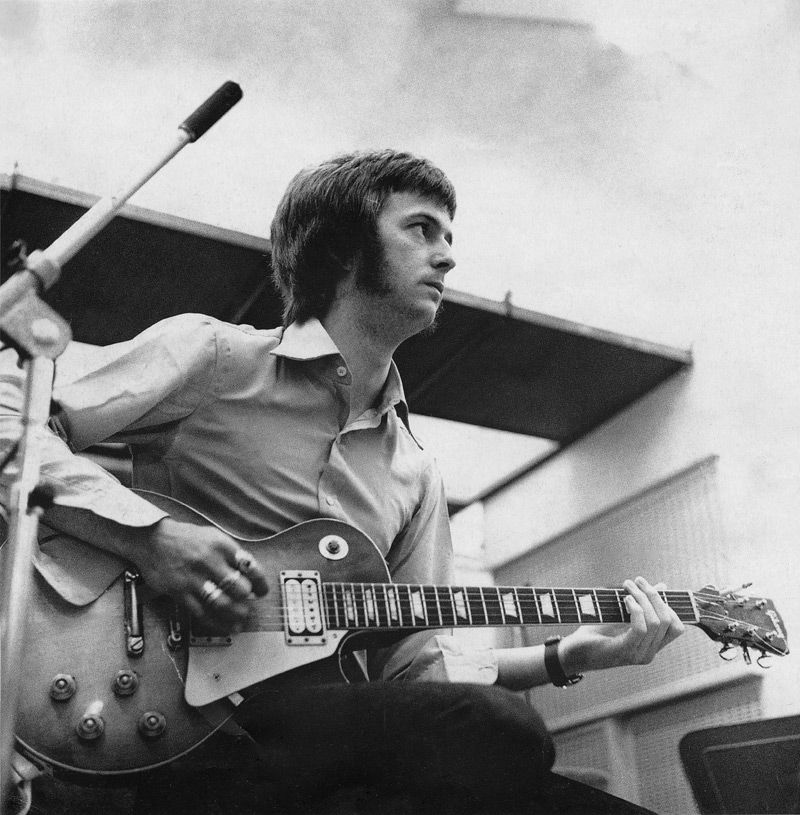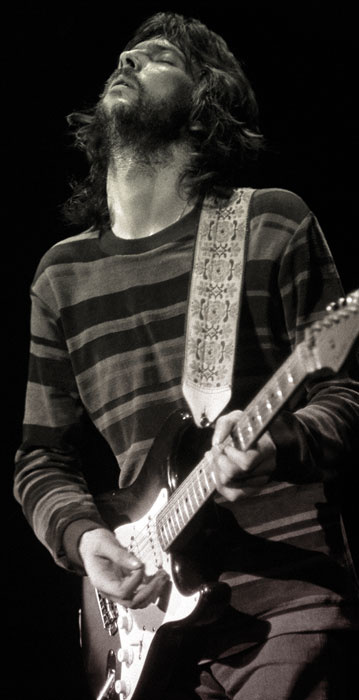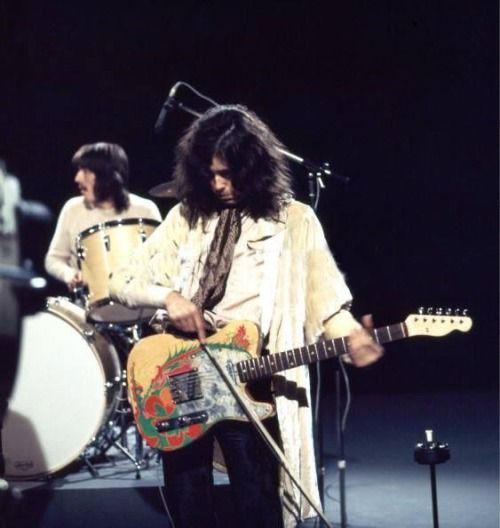KRYPTON INC.
Incorporated Kryptonian
- Joined
- May 23, 2013
- Messages
- 85,991
- Reaction score
- 41,562
- Points
- 103
The front man brings the charisma. The bass player drives the groove. The drummer is pulsing the heartbeat.
But the person playing lead guitar holds a special place in the audience's mind. Sybolically warrior, mage and of coures... bard. The various virtuoso players from Rock 'n' Roll, Country, Blue Grass, Folk, Metal, Blues and Soul music often capture the fans' imaginations. And the sound of the electric guitar in particular revolutionized popular music and produced names known far and wide: Jimi Hendrix, B.B. King, Angus Young, Jimmy Page, Pete Townsend, Brian May, Slash and Stevie Ray Vaughan to list notables from the past... But also talent from today with the likes of Gary Clark jr. and Christone Kingfish Ingram.
This is the thread for discussion of the guitar greats, past and present of note and to trade music and musical reccomendations. If these genres aren't yet your cup of tea, give them a try and broaden your horizons.
Let there be sound
There was sound
Let there be light
There was light
Let there be drums
There was drums
Let there be guitar
There was guitar
Oh, Let there be rock
And it came to pass
That rock 'n' roll was born
All across the land every rockin' band
Was blowing up a storm
And the guitar man got famous
The businessman got rich
And in every bar there was a super star
With a seven year itch
There were fifteen million fingers
Learning how to play
And you could hear the fingers picking
And this is what they had to say
Let there be light
Sound
Drums
Guitar
Let there be rock
But the person playing lead guitar holds a special place in the audience's mind. Sybolically warrior, mage and of coures... bard. The various virtuoso players from Rock 'n' Roll, Country, Blue Grass, Folk, Metal, Blues and Soul music often capture the fans' imaginations. And the sound of the electric guitar in particular revolutionized popular music and produced names known far and wide: Jimi Hendrix, B.B. King, Angus Young, Jimmy Page, Pete Townsend, Brian May, Slash and Stevie Ray Vaughan to list notables from the past... But also talent from today with the likes of Gary Clark jr. and Christone Kingfish Ingram.
This is the thread for discussion of the guitar greats, past and present of note and to trade music and musical reccomendations. If these genres aren't yet your cup of tea, give them a try and broaden your horizons.
Let there be sound
There was sound
Let there be light
There was light
Let there be drums
There was drums
Let there be guitar
There was guitar
Oh, Let there be rock
And it came to pass
That rock 'n' roll was born
All across the land every rockin' band
Was blowing up a storm
And the guitar man got famous
The businessman got rich
And in every bar there was a super star
With a seven year itch
There were fifteen million fingers
Learning how to play
And you could hear the fingers picking
And this is what they had to say
Let there be light
Sound
Drums
Guitar
Let there be rock









